94 years have passed. What do you know about the “September 18 Incident”? What practical significance does remembering history hold for us today?
94 years ago today, the September 18 Incident broke out.
Over the next 14 years, the Chinese people fought together against national calamity, battling through blood and fire. Today, the smoke of war has dissipated, but we must never forget the blood and tears!
Never forget history. We must strive for self-improvement!
Reply 1:
As a native of Shenyang, I visited the September 18 Memorial Museum in second grade. Since I can remember, there has been an annual siren ceremony. I won’t go into the specific details of the incident, but I’ll share my personal feelings. It’s like how only in China do people eat apples on Christmas. (For those interested in the Korean War, you can look it up.) What we should truly remember are the countless martyrs who sacrificed themselves for today’s peace. What we must never forget is that we are a civilization disguised as a nation. The struggle between civilizations has always been ruthless. In reality, good and bad are relative, but history is history—it cannot be debated or concealed. If war were to break out again, Shenyang would undoubtedly still be a target. But those who stand firm and refuse to retreat will still stand tall on this land. I will not retreat. Even if shattered to pieces, I will protect this land that gave me life and nurtured me. No matter who tries to take it away, as long as I have breath in me, I will never bow down!
Reply 2:
In hindsight, the September 18 Incident was more of a military gamble, an adventure. And Chiang Kai-shek simply lacked the leadership qualities to handle it, so he lost unequivocally. The Nanjing Nationalist Government simply did not have what it took to lead China. Sometimes, war isn’t about who has better equipment or stronger personnel—it’s about courage. If you step up and dare to gamble, you can often intimidate your opponent. Before the September 18 Incident, from a military conservative’s perspective, Japan’s actions were incredibly risky. Japan was a small country, lacking the power to engage in a prolonged war of attrition with a massive nation. If it had gotten into a long-term war of attrition with the Republic of China, the United States, Britain, and the Soviet Union to the north might have intervened or found ways to cut off a piece of Japan. But Japan bet on one thing—that Chiang Kai-shek wouldn’t dare resist, that his priority was “pacifying internal affairs before resisting foreign invasion,” and that the Northeastern Army was a soft target, more willing to preserve its strength than put up a fight. So Japan won its gamble on September 18. In hindsight, if Chiang Kai-shek had mustered the courage he showed in the Battle of Shanghai and sent national elites into the Northeast to engage in a meat grinder with Japan, the outcome might have been much better, and the value would have far exceeded that of the Battle of Shanghai. At the time of the September 18 Incident, Japan’s resolve was far weaker than in 1937. When the enemy’s courage is at its lowest, showing a determination to fight to the death could have intimidated Japan. But he didn’t. Even if, in this alternate scenario, the Republic of China still failed and had to retreat back inside the Great Wall, what would be the fundamental difference from the actual timeline? China and Japan would still have fought a major war, and China would still have lost territory and population. In 1950, the newly established People’s Republic of China had the courage and determination to fight the United States to the death on the Korean Peninsula. The military gap between China and the U.S. in 1950 was far greater than that between China and Japan in 1931, yet the former won and the latter lost. This only proves that Chiang Kai-shek lacked the leadership qualities—he didn’t dare to gamble, didn’t want to gamble, and didn’t understand strategy or the best timing to start a war. If he had fought on September 18, he might have become the true leader of the Republic of China, his status elevated infinitely. By not fighting, he waited until 1937, when Japan was stronger, more entrenched, and more fanatical, to exhaust his resources. If you don’t lose then, who will?
Reply 3:
The world only knows that the Northeastern Army did not resist during the September 18 Incident, but this is actually the biggest misconception. I don’t know if it’s to cover up the surrender led by Manchurian remnants, but the truth has never been clarified! The biggest issue and disgrace of the September 18 Incident isn’t that Zhang Xueliang didn’t resist, but that Manchurian remnants colluded with the Japanese to launch the incident and led troops to surrender! Over 100,000 Northeastern Army soldiers surrendered and became puppet troops! Aisin Gioro Xixia, Zhang Jinghui, Zhang Haipeng, and Yu Zhishan colluded with the Japanese, opened the city gates, and actively surrendered to the Japanese army, paving the way for them! This led to the rapid fall of Northeast China! At the time, the Japanese army had only 10,400 troops in the Northeast, while the Northeastern Army had nearly 200,000 soldiers, plus tens of thousands of police.
Reply 4:
Some foreign scholars today already consider the September 18 Incident of 1931 as the starting point of World War II. The beginning of the Tokyo Trials’ timeline was calculated from the bombing of national leader Zhang Zuolin’s train in 1928, marking the start of Japan’s invasion of China. If I were to personally opine, perhaps in the future, we could push the timeline even further back to the cession of Taiwan Island in the Treaty of Shimonoseki in 1895.
Reply 5:
I think one important point we must remember is that the occurrence of the “September 18 Incident” was closely related to the diluted “nationalization of the military” in Japan’s Meiji Constitution at the time! To put it bluntly: After the Meiji Restoration, Japan implemented a superficial constitutional monarchy system, with a parliament, elections, and a responsible cabinet… but the military command system was not placed under the cabinet’s leadership. Instead, it was directly subordinate to the emperor, making it literally the “Imperial Army.” In practice, due to the superficial “constitutional monarchy” and the control by Meiji elders, the emperor largely could not directly command the military. This led to the military command departments (the Army General Staff Office and the Navy General Staff) directly formulating military strategies and plans without heeding the government’s directives. They did not serve the government’s political policies but instead often acted independently, claiming credit for successes and leaving the government to clean up their messes. The September 18 Incident was even more extreme—it was secretly planned and executed by the Kwantung Army staff officers at the time. The Army General Staff Office in Tokyo did not actually support or approve but could not stop it and had to retroactively acknowledge it. Later incidents, such as the “Battle of Zhanggufeng” and the “Battle of Nomonhan,” where the Kwantung Army was severely beaten by the Soviet-Mongolian coalition, were similar. So, we must recognize this: In any country’s modernization process, the complete nationalization of the military, rather than it becoming a private armed force for certain interest groups, political parties, or even individuals, is a critical factor that determines the nation’s fate.
Reply 6:
We cannot sit idly by and ignore traitors. They must be eliminated.
During Japan’s invasion on September 18, traitors played a significant role.
Chiang Kai-shek ordered non-resistance, while Xi Qia in Jilin directly opened the gates to let the Japanese army in. Zhang Jinghui, Zhang Haipeng, and others surrendered. Except for Ma Zhanshan resisting in Heilongjiang, half of the Northeastern Army outside the Great Wall surrendered directly, becoming puppet Manchukuo troops. The difficulty of the resistance war in the Northeast was inextricably linked to these surrenders.
Even after September 18, traitors handed over vast amounts of land. The He-Umezu Agreement abandoned North China, and Han Fuju lost Shandong. There were also successive surrenders by figures like Shi Yousan, Pang Bingxun, Sun Dianying, Wu Huawen, Wang Jingwei, and countless security regiments, investigation teams, and maintenance associations.
During the 14-year War of Resistance, millions of puppet troops emerged across China, not to mention those who vacillated between three sides. It was nothing but a disgrace. Even today, there are still traitors like Shi Ping.
Although the War of Resistance against Japan was victorious, Japan is still plotting invasion, and the United States is also scheming aggression. Who can guarantee that traitors won’t cause trouble again when the next war comes?
Eliminating traitors with iron resolve is a long and arduous task.
Reply 7:
I hate this kind of formalism.
Why remember? This is the behavior of the weak. Just go and fight directly. What’s the point of remembering every year?
We should directly go and beat them up, make the Japanese remember this thrashing.
Only then can we build national confidence, rather than self-hatred.
As everyone knows, thinking too much without acting is harmful to the body. Only by integrating knowledge and action can we achieve physical and mental health.
Reply 8:
Now, our mainstream narrative increasingly refers to the 14-year War of Resistance.
Standing up was the foundation for becoming prosperous. Without standing up, there would be no so-called prosperity.
This year’s September 3 military parade commemorates the great victory of the War of Resistance against Japan.
The past, if not forgotten, can serve as a guide for the future.
Today, we live in a relatively peaceful era because our country has become strong.
Globally, wars still rage frequently.
In this relatively peaceful present, we can still express our patriotism in our own ways.
Patriotism is both a grand narrative and something that requires everyone to practice it personally. It involves both worldview and methodology.
Over the years, I have done several things in terms of patriotism:
First, adhere to a materialist view of history based on the standpoint of the Chinese nation.
Second, earn money globally but invest, consume, and live domestically.
Third, avoid populism. Populism is as dangerous as worshiping everything foreign.
[File Content End]
Please translate the entire text into English without losing information, and generate 4-6 tags.
Tags:
- #September18Incident
- #WWIIHistory
- #SinoJapaneseWar
- #HistoricalMemory
- #Patriotism
- #NeverForget
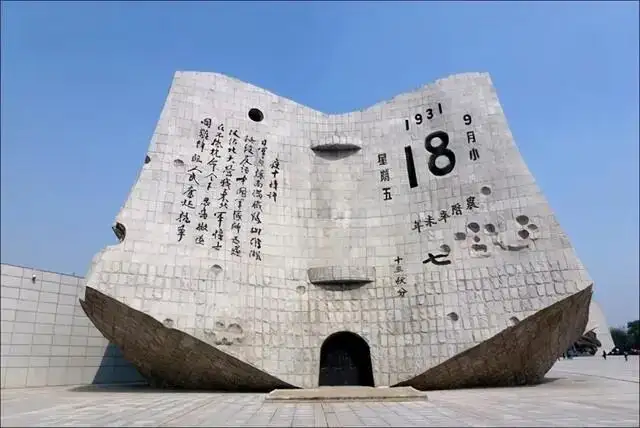
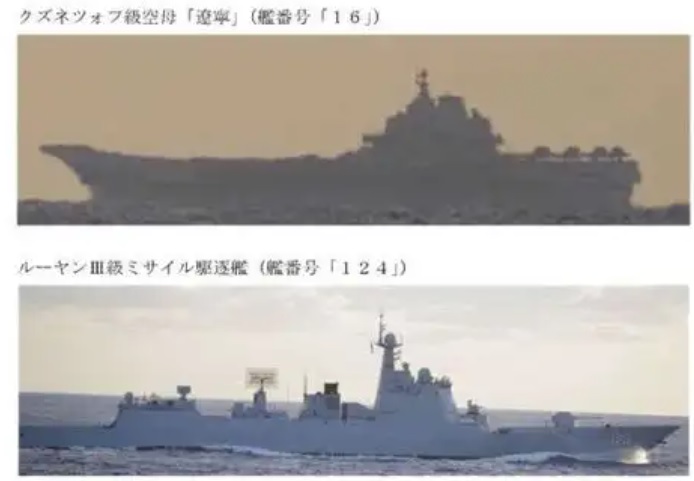
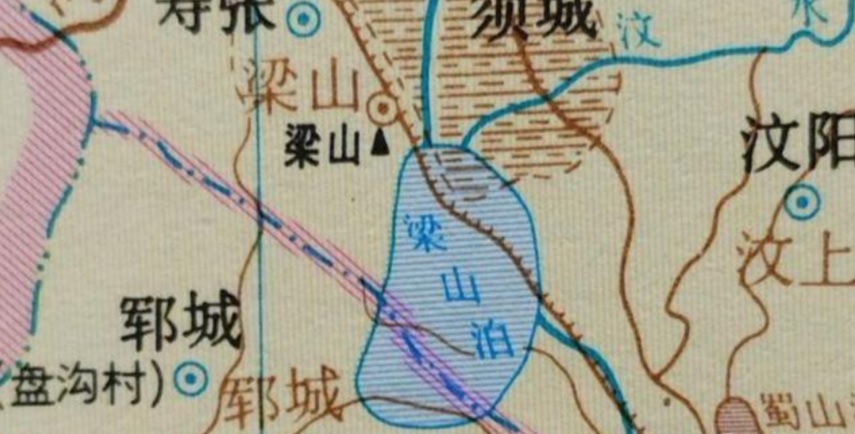
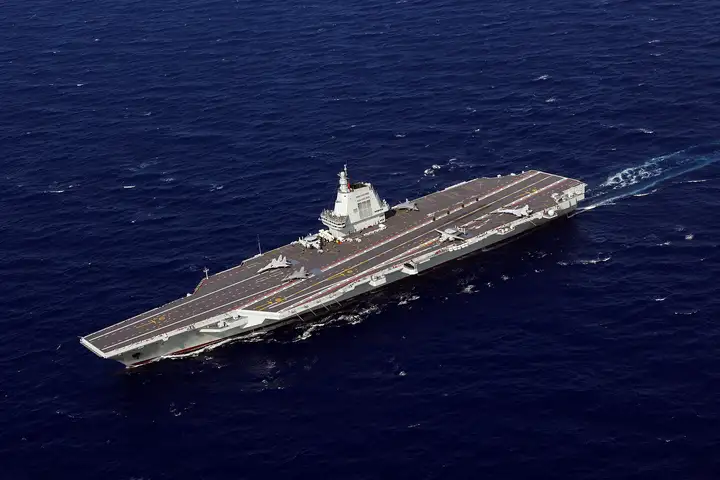
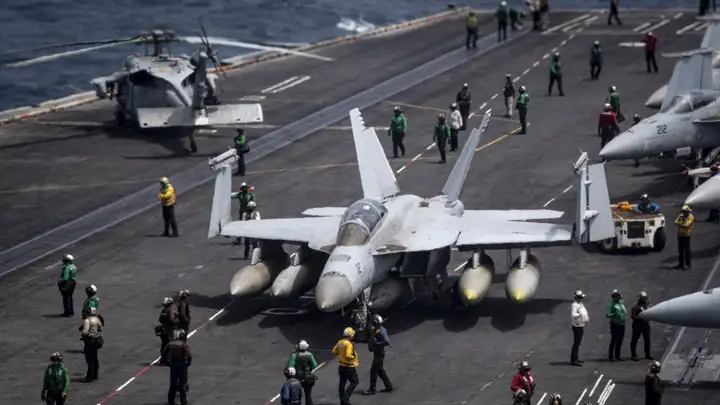
Houseofluckcasino caught my eye with its promise of good fortune and I deposited some money. Wish me luck!. Check the house out here houseofluckcasino.
It’s fascinating how easily we fall into reward cycles with games! Seeing platforms like BlueStacks prioritize a smooth user experience & security is smart. Curious about trying their games – anyone checked out the bluestacks apk? Seems popular in the Philippines!
Yo galera, Egurobetbr tá mandando bem no mundo das apostas online! Tem de tudo um pouco, desde esportes até jogos de cassino. O site é fácil de usar e tem umas promoções maneiras. Visitem lá: egurobetbr.